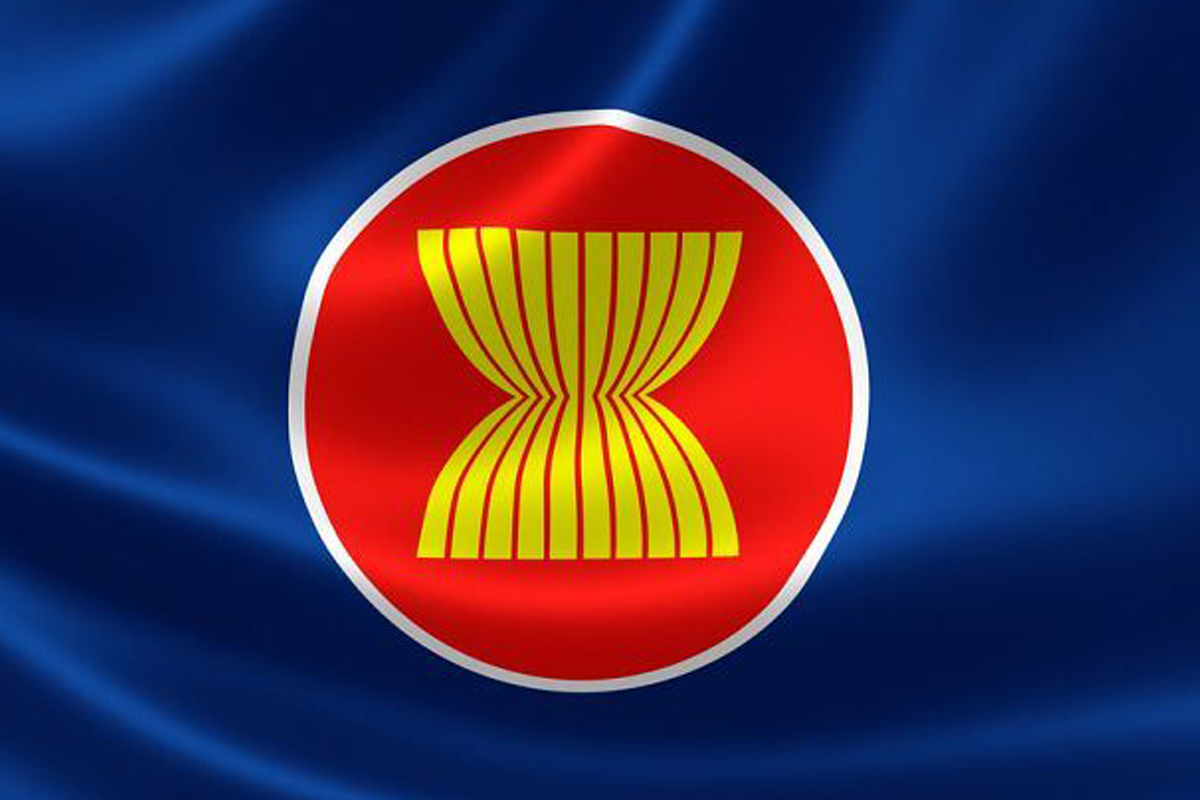Indonesia Ratifies Changes in ASEAN Trade in Goods Agreement
Thursday, 24 September 2020

The Indonesian government officially ratified the amendment to agreement on trade in goods between ASEAN countries, by issuing Presidential Regulation (Perpres) number 84 of 2020.
Previously, ASEAN countries agreed to sign the First Protocol to Amend the ASEAN Trade in Goods Agreement (ATIGA) on 22 January 2019. In it, each country agreed to change the terms regarding the existence of certificate of origin, as a condition for obtaining preferential tariffs on goods traded between ASEAN member countries.
Apart from validating changes to the ASEAN trade cooperation protocol, the government has also issued more technical regulations, through the Minister of Finance Regulation (PMK) number 131 / PMK.04 / 2020. The regulation specifically stipulated the procedures for imposing import duty on imported goods, based on ATIGA.
Previously, the procedure referred to PMK number 229 / PMK.04 / 2017 which not only concerns ASEAN trade agreements, but also includes several other international trade agreements. Some of the international trade agreements which are regulated in it, such as:
- ASEAN-China Free Trade Area
- ASEAN-Korea Free Trade Area
- Indonesia-Japan Economic Partnership Agreement
- ASEAN-India Free Trade Area
- ASEAN Australia-New Zealand Free Trade Area
- Indonesia-Pakistan Preferential Trade Agreement
- ASEAN-Japan Comprehensive Economic Partnership
Regional Value Content of At Least 40%
In general, there is not much difference between the two regulations. The difference is only
that the original provision of goods which are subject to preferential tariffs, is a lower tariff than the generally accepted internationally.
The difference is related to the provisions on the origin of goods that receive preferential rates, that is lower rates than generally accepted internationally. These rules of origin include the first three things, the criteria for origin of goods or origin criteria, the criteria for delivery or consigment criteria, and procedural provisions.
Regarding information on the origin of goods or origin criteria, goods that are entitled to preferential tariffs include goods that are entirely acquired or produced in one country and goods that are not entirely produced in one of ASEAN countries.
In PMK number 131 / PMK.04 / 2020, an item includes the origin criteria of goods that are not entirely obtained or produced in one country or non-originating, as long as they contain a Regional Value Content (RVC) of at least 40% of the Free on Board (FOB) value.
In addition, the Non-Originating item must also undergo a change in classification or Change in Tariff Classification (CTC) in the first four digits of the Harmonized System (HS) code. Another requirement is that these goods must be included in the list of Product Specific Rules (PSR) as stipulated in Annex 3.
While the previous rules did not mention the minimum regional content that must be met. Similarly, regarding classification changes, in addition to requiring a change in the first four digits of HS CTC, it must also undergo a change in the first two digits of the HS Chapter in Chapter (CC) and a change in the first six digits of the HS Change in Tariff Sub Heading (CTSH).
For information, the ASEAN Trade in Goods Agreement was first agreed on 26 February 2009, as the ASEAN economic community was formed. One of the agreements contained in the treaty is related to the reduction or elimination of import duties between member countries.


